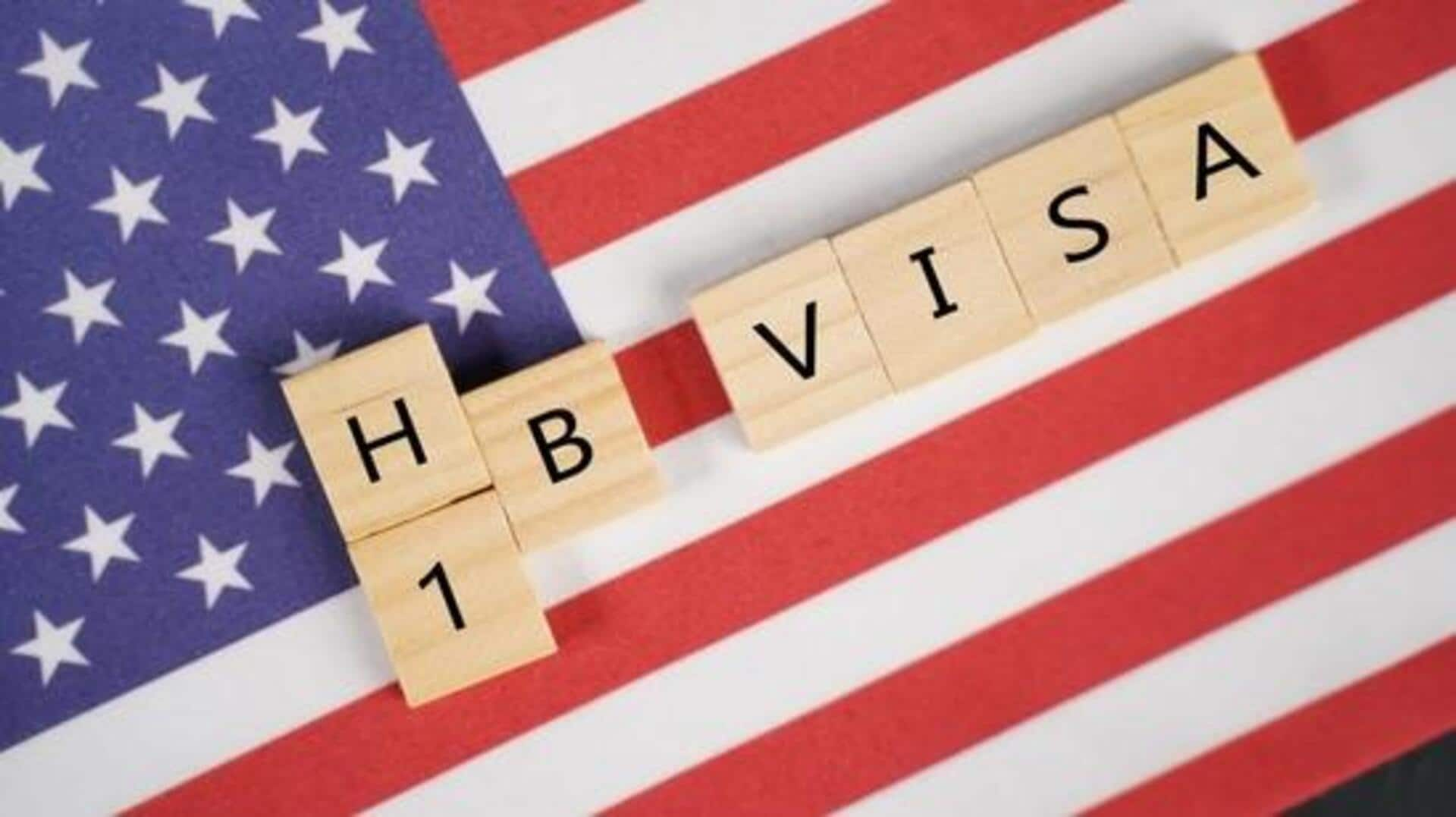
Trump administration seeks biometrics, home addresses from H-1B visa holders
What's the story
The US Citizenship and Immigration Services (USCIS) has started sending out Requests for Evidence (RFEs) to H-1B visa holders.
The requests seek home addresses and biometric data of beneficiaries. This is a major departure from previous practices and has raised concerns among immigration attorneys over the agency's motives.
USCIS claims it has "adverse information" on these individuals, but the details are unclear.
Reactions
Attorneys express concerns over unusual RFEs
Lawyers have said they have received RFEs citing "potentially adverse information." These requests seek the beneficiary's residential address so USCIS can obtain their biometric information.
Describing the trend, Vic Goel of law firm Goel & Anderson said, "This is highly unusual because biometrics are not typically required for these case types."
He also hinted that the Department of Homeland Security (DHS) might be using AI tools to flag people based on undisclosed data.
Process deviation
RFEs deviate from USCIS's traditional process
Kevin Miner, Partner at law firm Fragomen, Del Rey, Bernsen & Loewy, said these RFEs are a departure from the standard information exchange process USCIS employs for most employment-based petitions.
The company would file a petition making clear why the foreign national is eligible for the requested status.
If USCIS has queries after reviewing that filing, it issues an RFE explaining what is unclear about eligibility, and then the company responds.
However, these new requests don't ask any substantive questions.
Caution
Lawyers advise caution in responding
Goel discouraged directly answering the RFE by providing the beneficiary's address or setting up biometrics, since the information is already in record.
Instead, he proposed citing 8 CFR 103.2(b)(16)(i), which orders USCIS to disclose any derogatory info being used as basis for an adverse decision.
Miner concurred, adding employers should provide USCIS, necessary information for appropriate decision on their request.
Concerns
Concerns among employers and universities
The RFEs come amid reports of the Donald Trump administration deporting international students over minor infractions, protests and op-eds.
This has set alarm bells ringing among employers and universities about attracting talent to the US.
As of April 18, over 240 colleges and universities have identified over 1,550 international students who had their legal status changed by the State Department.